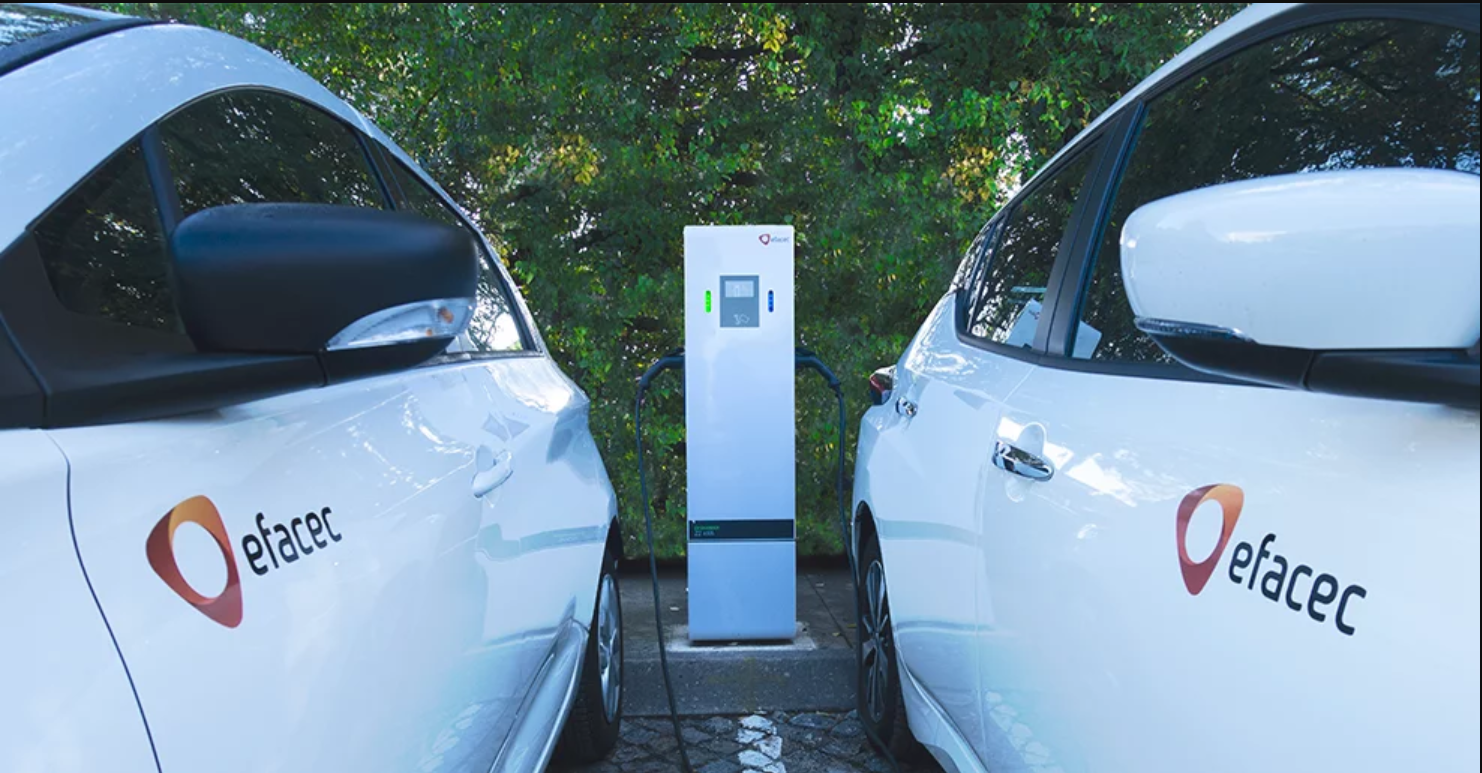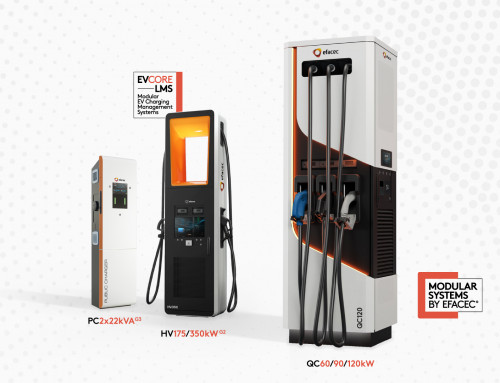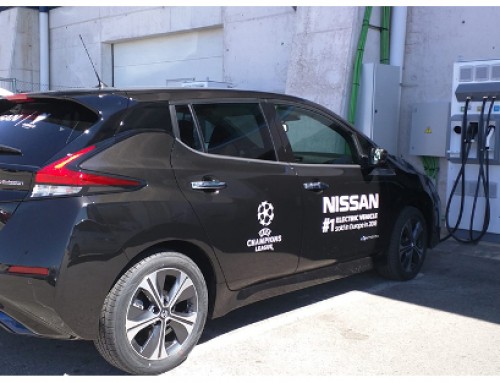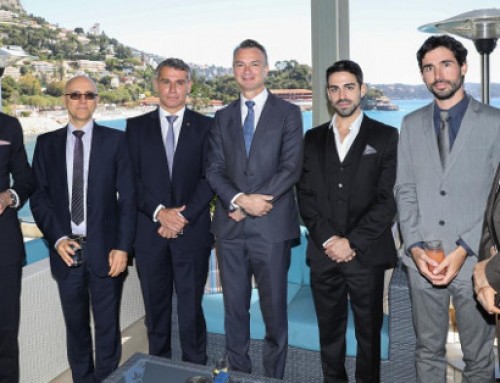Project Description
Efacec joins global initiative EV100 committed to accelerating the transition to electric vehicles

Efacec has just taken a new step to affirm its commitment to the environment and the decarbonization of the economy. The company is committed to both electrifying its vehicle fleet and providing charge points for its workforce through EV100, a global initiative that brings together forward looking companies committed to accelerating the transition to electric vehicles and making electric transports the new normal by 2030.
The announcement of this commitment took place last Friday, October 25th, during the Portugal Mobi Summit, held at the NovaSBE Campus, in Carcavelos, near to Lisbon, where Efacec joined the Portuguese debate over new forms of sustainable mobility.
By joining EV100 initiative, Efacec reinforces its sustainability priorities, which include reducing its carbon footprint. Now the company is committed to convert its fleet to EVs by 2030 and support the adoption of EVs by its staff by implementing charge points across two locations.
“We are proud to join EV100 and go one step further to chase together the electric dream”, said Vanessa Loureiro, Efacec’s Director. “Joining EV100 initiative is a natural step for Efacec. We develop breakthrough fast and ultra-fast charging solutions, we are at the forefront of technological innovation in energy, mobility and environment areas and we are focused on achieving carbon neutrality in our operations and with our partners. We are leaders in the production of innovative charging solutions and we also want to be at the forefront to promote the adoption of electric mobility in our society”, said Vanessa Loureiro.
Sandra Roling, Head of EV100, said: “We are excited to welcome Efacec as the 60th member of EV100. By joining this international leadership platform, Efacec demonstrates its commitment to electric transport not only through the charging technology it develops, but by walking the talk in its own operations. We hope their example will inspire many more companies to join us, in Portugal and around the world.”
The incentive to adopt electric mobility is part of Efacec’s routines. Besides offering its staff preferential conditions for home chargers, Efacec has already equipped all its relevant industrial sites with charging points. As a leading EVSE technology player Efacec will pursue its commitment and alignment with the UN’s Sustainable Development Goals agenda, by developing sustainable solutions and implementing actions that make the shift to an electrified future ever more real and near.
EV100 is a global initiative by The Climate Group, an international non-profit organization, founded in 2004, with offices in London, New Delhi and New York. The initiative brings together companies committed to accelerating the transition to EVs and making electric transport the new mobility paradigm.
According to The Climate Group, the transport sector is the fastest-growing contributor to climate change, accounting for 23% of global energy-related greenhouse gas (GHG) emissions. Electric transport offers a major solution in cutting millions of tons of greenhouse gas emissions per year, as well as curbing transport related air and noise pollution.
With businesses owning over half of all newly registered vehicles on the road, it is crucial that companies lead the shift to electric vehicles. Through their investment, and influence on millions of staff and customers worldwide, they can address rising global transport emissions. They can also significantly enhance mass demand for electric vehicles. By setting out their future EV purchasing requirements on an ambitious timescale, companies can drive mass roll-out and make electric cars more rapidly affordable for everyone around the world.
With a comprehensive presence in the value chain of Energy, Mobility and Environment, Efacec acts as a solution provider, EPC contractor (Engineering, Procurement and Construction) and O&M service partner. Efacec is present in strategic markets such as Europe, the United States of America, Latin America, Asia, Middle East, Maghreb and Southern Africa.





![Electrify America chooses Efacec to […]](https://electricmobility.efacec.com/wp-content/uploads/2018/04/Banner-Electrify-America_v2-1200x450_crop-500x383.jpg)
![DC Fast Chargers to Provide Charging […]](https://electricmobility.efacec.com/wp-content/uploads/2018/04/kiosk-premium_-Electrify-America_crop-500x383.png)